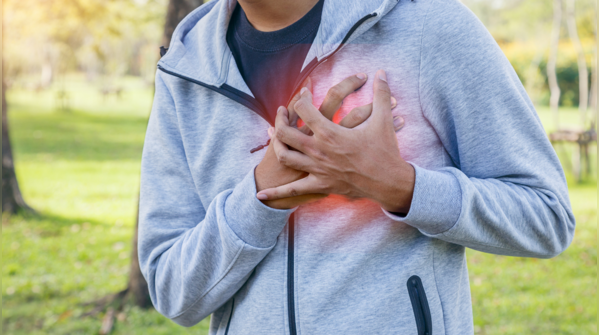
1/6
Signs one must watch closely
Heart attacks come with a loud alarm, chest pain, sweating, and breathlessness. But what if there’s no alarm at all? Dr Shriram Nene, a cardiovascular and thoracic surgeon, recently opened up about this alarming truth on The Ranveer Show podcast. He revealed that 1 in 5 heart attacks show no signs at all. It’s this quiet nature that makes them even more dangerous.
While most discussions around heart attacks revolve around textbook symptoms, Dr Nene urges everyone to look beyond what’s commonly known. There’s more going on beneath the surface, biologically, silently, and understanding that could make all the difference.
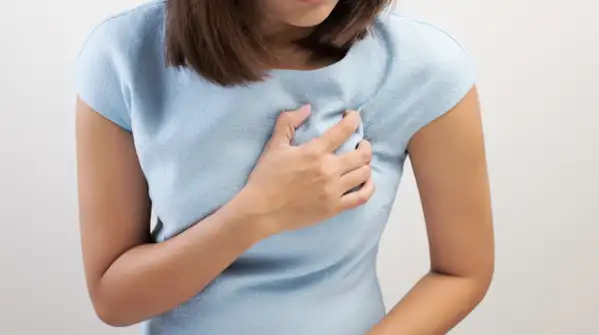
2/6
What really happens during a heart attack?
According to Dr Nene, a heart attack usually begins when one of the three main arteries (or the left main artery) gets blocked. This blockage prevents blood flow to a specific part of the heart muscle. The result? That specific area starts dying and quickly.
The signs typically show up as chest pain radiating to the arm, sweating, shortness of breath, and palpitations. These occur because the heart muscle is struggling and sending distress signals. But, this is what we did not know: not everyone experiences these signs.
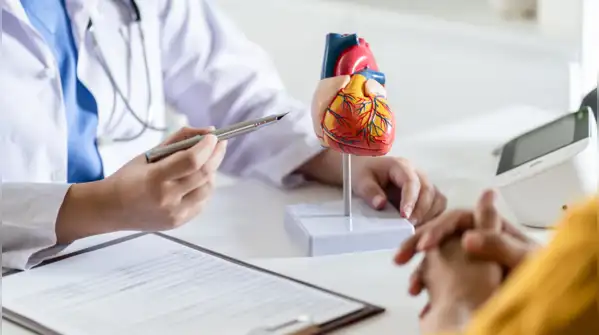
3/6
The dangerous 20%: No symptoms, no warnings
Dr Nene highlighted something that rarely makes headlines: In 20% of cases, heart attacks present no symptoms at all. These are called “silent heart attacks”. There's no crushing chest pain, no gasping for breath, just a subtle shift in how the body feels.
In many of these silent cases, individuals collapse suddenly, faint, or just feel biologically off. There might be a sense of unease that’s hard to describe. What’s actually happening here is more serious: the heart may stop pumping effectively, blood stops reaching the brain, and a cardiac arrest may follow. It’s not dramatic, it’s just sudden and dangerous.
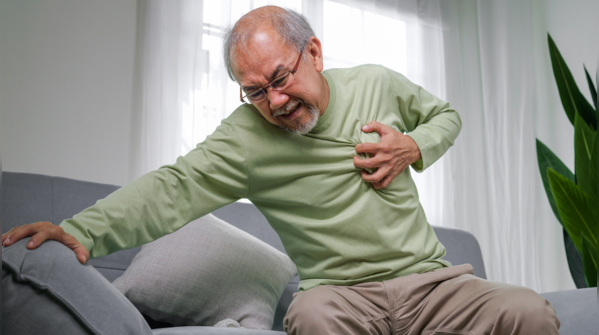
4/6
Not just chest pain: The unusual signs that matter
Popular belief says that heart attacks always involve pain. But that’s not always true. Dr Nene’s observations suggest that some may only experience:
A slight discomfort in the upper back or jaw
Sudden fatigue without reason
A foggy or light-headed feeling
An odd feeling of doom or anxiety that comes out of nowhere
These signs are easy to dismiss, after all, they could be blamed on stress, poor sleep, or even digestion. But in certain cases, they may be the body’s only way of signaling that the heart is under attack.
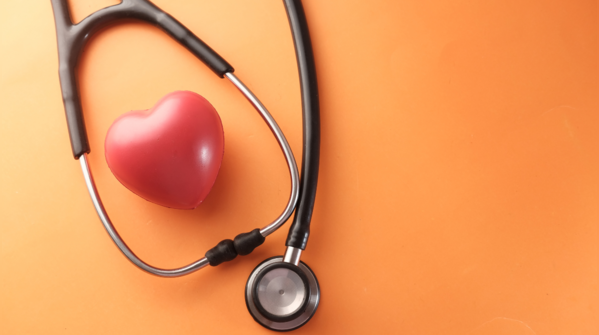
5/6
Why collapsing happens
Ever wondered why some people faint during a heart attack? Dr Nene breaks it down in the simplest terms: when the heart’s electrical rhythm goes haywire or starts beating too fast, it can’t pump blood properly.
That leads to no blood reaching the brain, and that’s when fainting, collapse, or even sudden cardiac arrest can happen. There may be no prior signs. The heart, quite literally, stops doing its job.
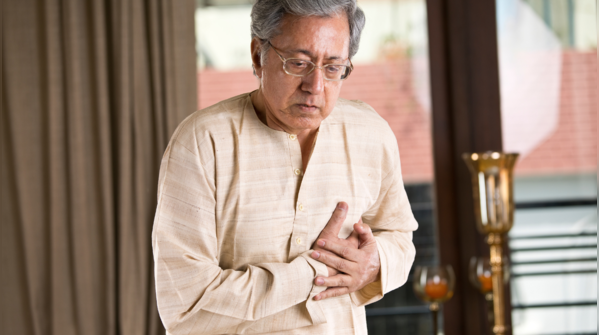
6/6
The misconception that can be datal
There’s a dangerous assumption floating around, that heart attacks only happen to the elderly or the visibly unfit. But as Dr Nene explains, that’s far from true. Even young, fit individuals may have hidden risks, genetic conditions, undetected artery issues, or stress-triggered cardiac events.
A clean lifestyle doesn’t always mean a clean bill of heart health. This is why understanding silent signs and not relying only on traditional symptoms becomes so crucial.
[This article is intended for informational purposes only and does not substitute professional medical advice. Always consult a qualified healthcare provider for diagnosis and treatment of heart-related issues]
Follow Us On Social Media

 6 hours ago
35
6 hours ago
35
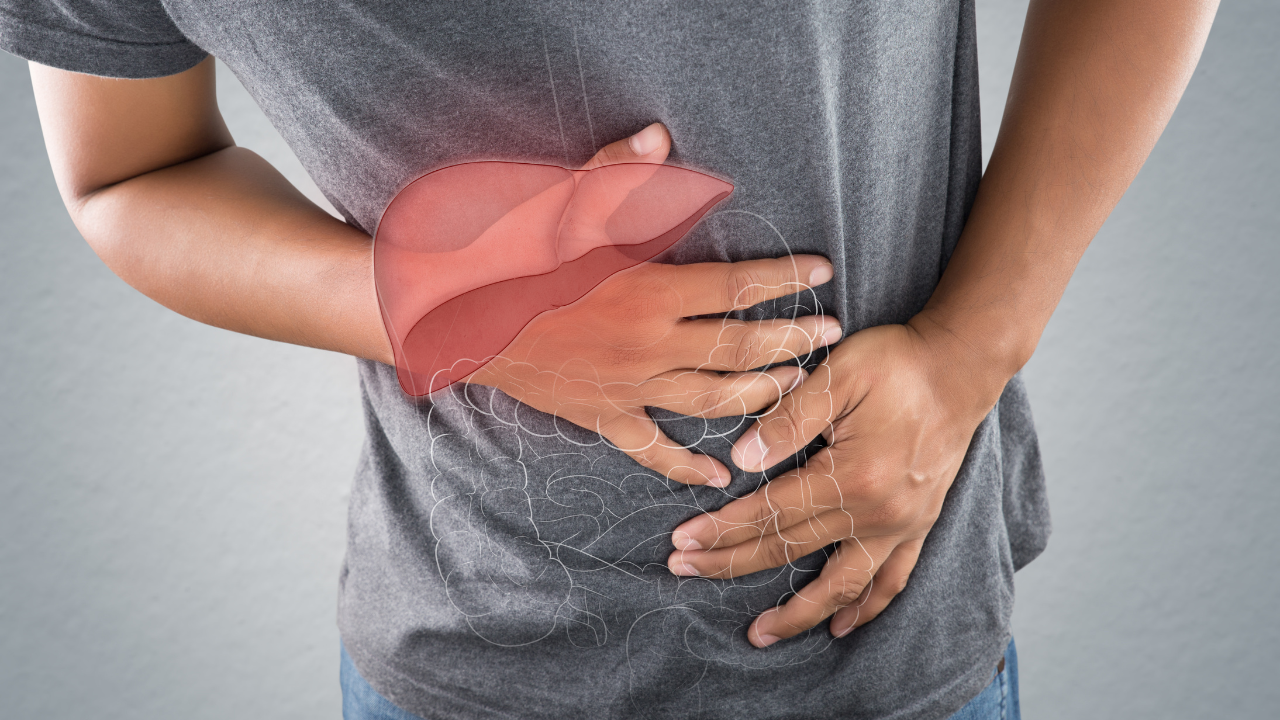

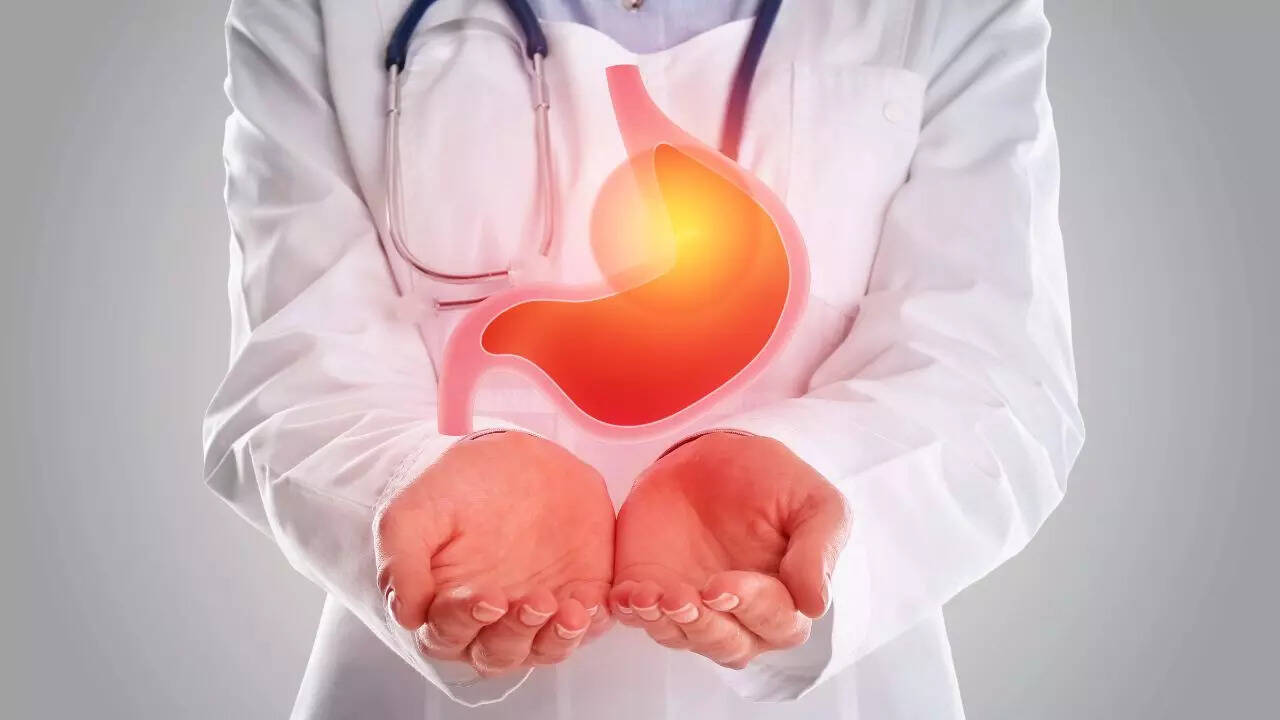
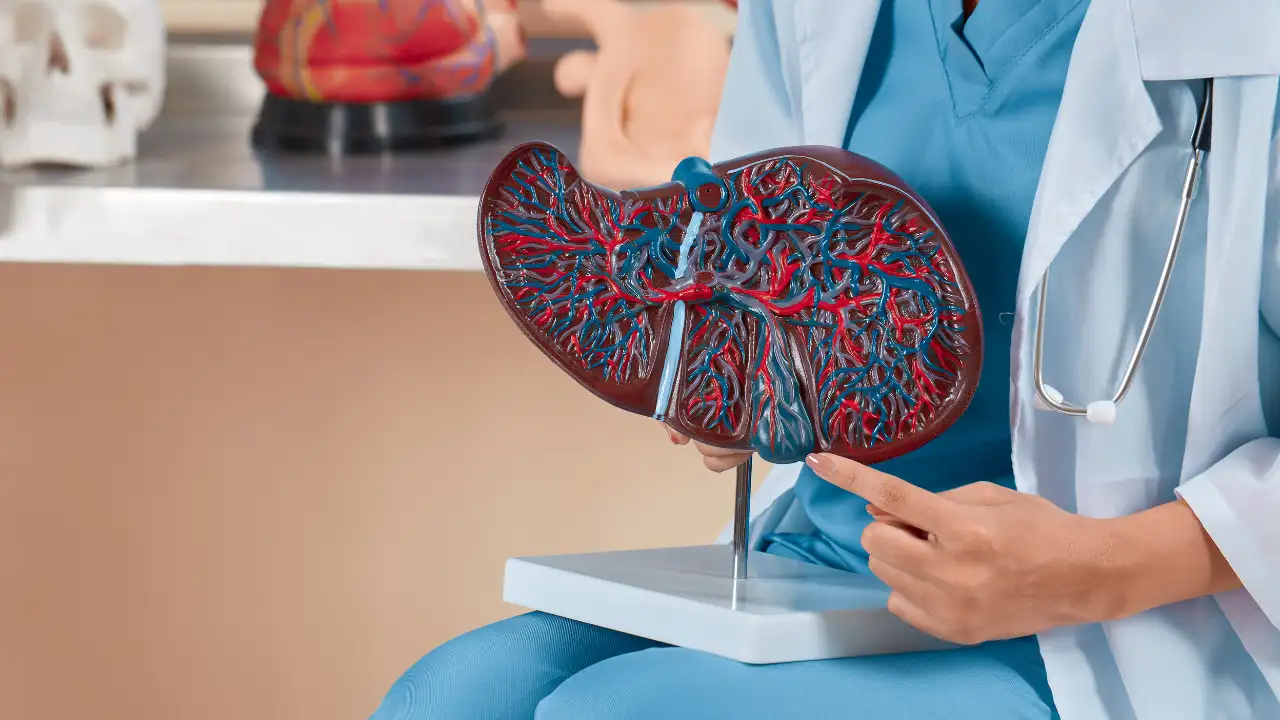
























 English (US)
English (US)